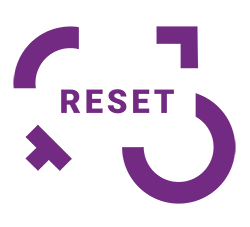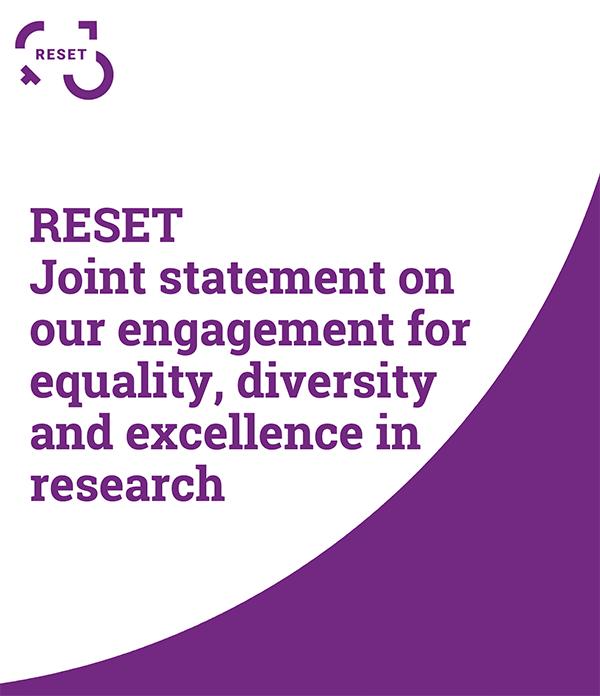Toolbox for gender-neutral, diversity-oriented institutional communication (updated version)
RESET’s Toolbox for gender-neutral and diversity-oriented Communication (D5.4) was updated this summer and is now available in the new, expanded version.
The update includes a new chapter on diversity in communication, with a focus on non-discriminatory communication in relation to anti-racism, dealing with disability and LGBTQIA+.

